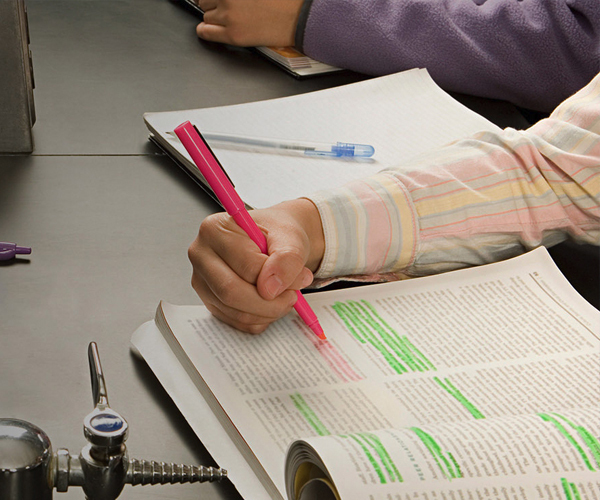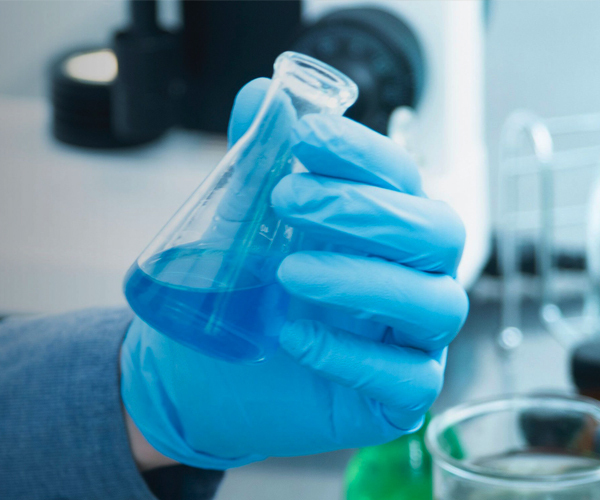
Education
Scientific courses enable students to become the thinkers and discoverers of tomorrow. Education aids in guaranteeing advancements and conservation, and to do so teaching proper analytical testing techniques and methodology is key. Large class sizes and budgetary restrictions should never stand in the way of science education, from primary school to Ph.D., it no longer has to. There’s instrumentation to fit every need.

Research
When in research it is essential to maintain critical parameters to control multiple variables with precision accuracy, and the utilization of analytical technology can assist in meeting and exceeding industry standards. Monitoring all necessary parameters ensures experimental accuracy when you work with instrumentation that gives you reliability, accuracy, and repeatability.







